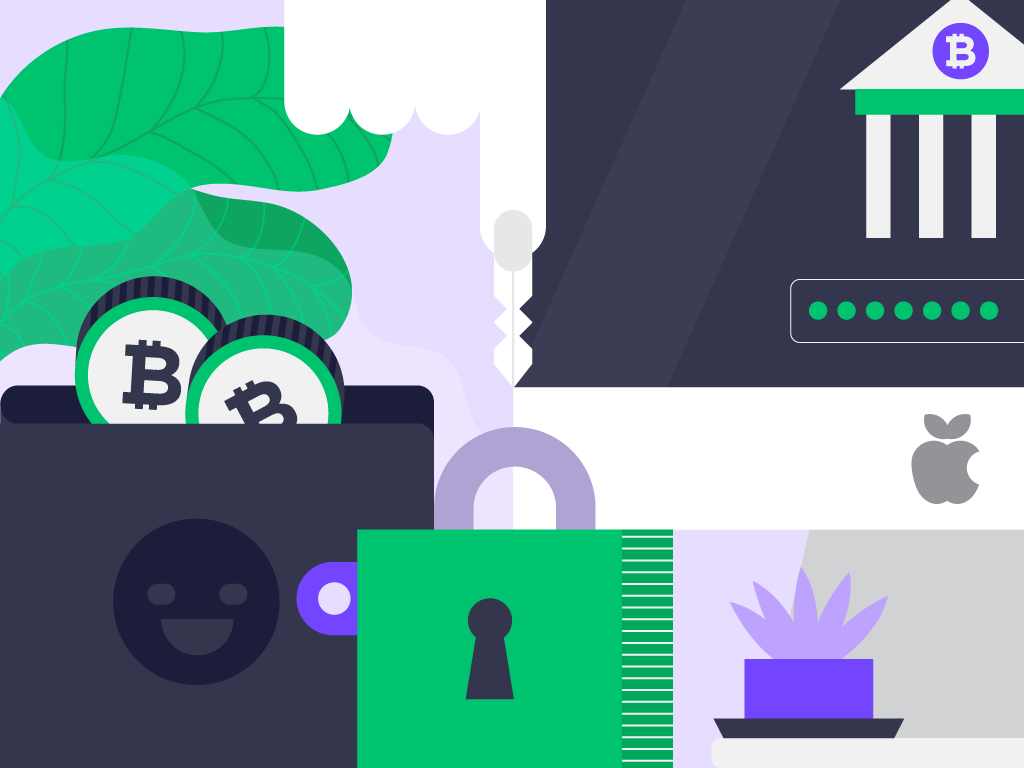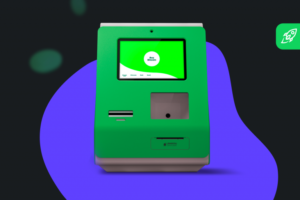
Are Cryptocurrency Exchanges Custodial, Non Custodial Or Decentralized
Did you know that you can trade your cryptocurrencies in different ways? It’s not just about going to a reputable brand (although that’s important too), but deciding how much independence you will have and how many risks you will take in the process. Thus, we can mention three main types of cryptocurrency exchanges: custodial, non-custodial and decentralized.
Each of these types has its advantages and disadvantages, and even each individual brand has them. Therefore, the final choice will depend solely and exclusively on the needs and preferences of each user. But what we must consider before making that choice are the characteristics of each type.
Next, we are going to take a walk through these exchanges.
Cryptocurrency exchanges with custody
The word “guard” is important here, so it is worth defining it for a moment: “Keep something with care and vigilance” (DRAE). That’s just what custodial exchanges do with your cryptocurrencies: they keep it, and not you. With care and vigilance, if they are a reputable brand, of course, but not for your immediate reach.
This does not imply that they keep your money or that you cannot withdraw it from their platform – unless it is a scam. However, you may have already noticed that your favorite exchange never gave you the private keys to your wallet (those 12 or 24 words needed to retrieve it anywhere). And that’s because, basically, they don’t exist.
Once you transfer cryptocurrencies on these exchanges, they mix it up with all of their other users within their own wallets. The balance that you see reflected in your account is nothing more than an internal record of the platform, and will remain so as long as you do not make any withdrawals. So, in case of hacking or fraud by the company, your funds (and your personal data) could be in danger because it will be impossible for you to withdraw them if they do not allow it.
However, of course there are some advantages. These cryptocurrency exchanges are very user-friendly, offer support in case of problems and great portability (you can open your account anywhere). Discounts, airdrops, contests, learning sections and other benefits may also be included, depending on the brand.
Non-custodial cryptocurrency exchanges
While in custody exchanges it is necessary to open an account and provide your personal data (identification, address, passport, etc.) to operate, non-custodial platforms are a more instantaneous method for trading cryptocurrencies. They only request the funds agreed for the exchange at that time, and that’s it. Although of course, only if these funds do not involve fiat currencies (dollar, euro, peso, etc.).
In case you want to change to fiat, identity verification will be necessary, as these companies must implement measures to prevent money laundering. However, the process is usually much faster with tools such as Sum & Substance , where the questionnaire is automatic and does not last more than ten minutes.
Furthermore, custody remains out of the question. The user will transfer to the company only what is necessary for the exchange, and will always retain control of their funds. Therefore, even if the platform is compromised, your cryptocurrencies will be safe, well away in your own wallet.
Non-custodial exchanges offer the same advantages as custodial exchanges, with less danger of losing your funds. Support, discounts, special programs and a little more privacy are the order of the day.
Decentralized cryptocurrency exchanges
This is the extreme in terms of custody and handling of cryptocurrencies. With these exchanges (DEX), the entire process is handled by smart contracts. Not only does the user maintain custody of their funds every second, but everything is completely automated and anonymous. The commissions can be much cheaper, the transactions faster, and the number of features much greater, but everything comes at a price.
DEXs are especially recommended for more advanced cryptocurrency users. Its interface is usually not very easy to understand, and the pairs offered usually involve only cryptocurrencies. There is no support beyond the community itself, and before using them it is recommended to investigate them in depth.
It can be both a fraudulent platform and one with possible exploits waiting for hackers. DEXs can be quite useful, perhaps especially for DeFi assets and NFTs. But yes, it is necessary to have a solid knowledge of cryptocurrencies.
What is the best cryptocurrency exchange?
Again, it all depends on the user, their needs and preferences. Each brand even has a different interface and functions. So initially testing one platform of each type to choose based on experience might be the most convenient. Although never without first investigating said platform and looking for different opinions.
Well-known custodial exchange brands are Binance, Coinbase or Huobi. Without custody, we have platforms like ShapeShift, Changelly or Alfacash. Uniswap, EtherDelta or Foundation (NFTs) are well known on decentralized exchanges.


